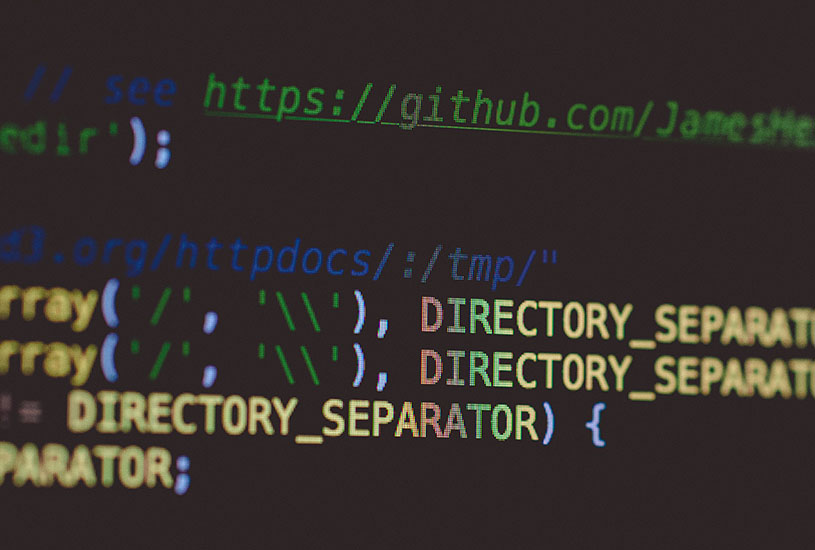Deakin’s new laboratory for meta-analysis of research will bring together scholars from across the University and the world.
Meta-analysis – a statistical procedure for combining data from multiple studies in order to discover the true effect of an intervention – has a new home at Deakin University with the launch of a dedicated research group.
Launched earlier this month with a keynote address by US meta-analysis guru and affiliate of the new lab, Professor John P.A. Ioannidis from Stanford University, the Deakin Lab for the Meta-Analysis of Research (DeLMAR), will focus on the development and application of methods that are shared across research problems in the social and natural sciences.
DeLMAR researchers will also focus on producing evidence-based knowledge to inform policy across disciplinary boundaries and developing better techniques for detecting both significant and non-significant effects in meta-analysis.
Located within the Deakin Business School, DeLMAR is led by Professor of Marketing Chris Dubelaar and Alfred Deakin Professor and Chair in Economics Chris Doucouliagos, both experts in the meta-analysis of research.
Professor Dubelaar explained that the simplest meta-analysis involved using a mathematical model to find the average effect size of all the literature in a particular area and weighting the average by the precision.
“Meta-analysis is basically looking at all the papers that are published on a specific topic and encoding the results based on the effect size, or the statistical measure of how much impact there is between the independent variable [the element being controlled for] and the dependent variable [what is being measured] and how much ‘noise’ or standard error there is,” he said.
Professor Dubelaar, who has undertaken a number of meta-analyses of studies looking at portion sizes and eating habits, believes the technique is becoming increasingly important in all disciplines.
[testimonial_text]In some disciplines, the only way to find out the accuracy of results is by combining similar studies to see if the overall effect actually exists.[/testimonial_text]
[testimonial_picture name=”Professor Chris Dubelaar” details=”Co-director DeLMAR”]
 [/testimonial_picture]
[/testimonial_picture]“For example, in nutrition studies meta-analysis allows us to handle the fact that the data might be from different populations or gathered under different conditions. We need to be able to combine all the data and then take into account that all these publications are different and there may be a difference in response.
“It also helps when replicating a study doesn’t find the same results as the original. Why is it that one group can do a study and find no effect and someone else can do the same study and find a strong effect?
“Meta-analysis allows us to tease out those sorts of questions, to pull out whether something is a real effect or whether it’s being augmented by something else.”
Main photograph: (left to right) Professor Chris Dubelaar, Co-Director DeLMAR; Professor Mike Ewing, Executive Dean Faculty of Business and Law; Professor John P.A. Ioannidis, Stanford University; Professor Peter Hodgson, DVC (Research); Professor Chris Doucouliagos, Co-Director DeLMAR.
Published by Deakin Research on 23 October 2017



